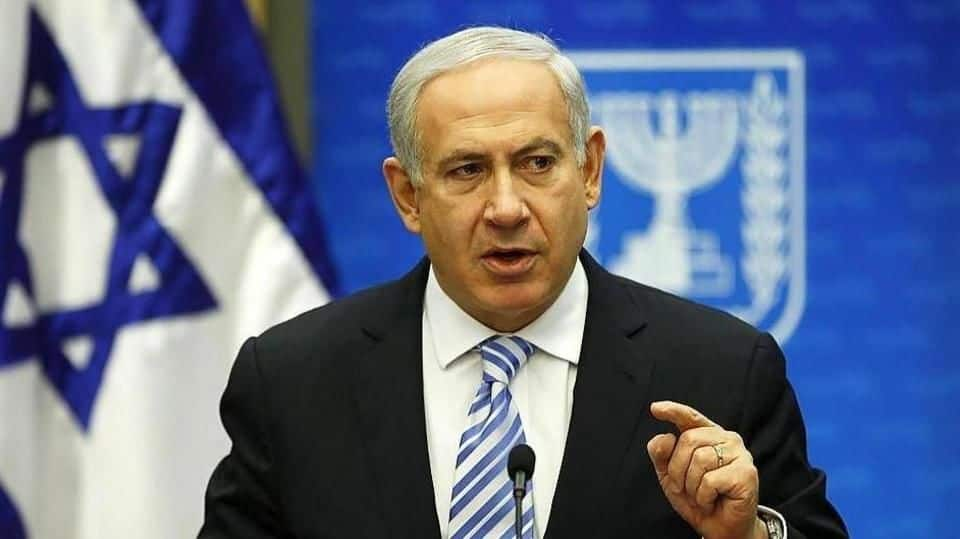
Netanyahu: Saudi okays Air India overflight rights for its Israel-routes
What's the story
In what could be thawing of Israel and Saudi Arabia relations, Israeli PM Benjamin Netanyahu declared that Saudi Arabia has granted Air India (AI) permission to fly over its territory on its new routes to and from Tel Aviv. Though there wasn't official confirmation by Saudi or AI, Netanyahu made this announcement during a briefing in Washington after meeting US President Donald Trump.
Restive ties
What is the issue with Saudi-Israel relations?
Saudi doesn't recognize Israel. They don't have any diplomatic missions/formal communication. The irritant is the Palestine question. Saudi insists that Israel should follow the 2002 Arab peace initiative, which asks them to withdraw from territories occupied after the 1967 Six-Day War and accept an independent Palestinian state for diplomatic relations with the region's Arab countries. Presently, Israel has diplomatic relations with Jordan and Egypt.
Common enemy
Is a mutual enemy changing their equation?
However, Iran's regional drives in the Middle-East may have led to an emerging but sensitive Israel-Saudi friendship. Sunni-dominated Saudi is concerned about Shia-dominated Iran's growing influence, which emerged victorious in Syria defeating the ISIS and has a sway over Houthi rebels in Yemen. Now, they realize that normalization is beneficial for both: It bolsters Israel's security. Saudi can tap into Israel's military/cyber expertise.
India-Israel flights
How is AI involved in the scenario?
Last month, AI announced thrice-weekly flights over Saudi to Iran. But, Riyadh denied granting such permission. Such an agreement would reduce India-Israel flight time by 2hrs. Currently, El Al is the only airline offering direct 7hr India-Israel flights, with a Tel Aviv-Mumbai route. However, AI won't be able to fly over Iran, Iraq and Pakistan: other countries with which Israel doesn't have diplomatic ties.
Significance
What does this imply?
This cautious détente aligns with common-ally US's views on Iran. Whether or not Saudi lifts the ban against Israel, there is a sharp line drawn in today's Middle-East. On one side, Iran stands with Lebanon's Hezbollah, Yemen's Houthi rebels and Syrian President Bashar al-Assad. In opposition is Saudi with other Sunni Arab nations. With them stands Israel, not an enemy but neither a friend.